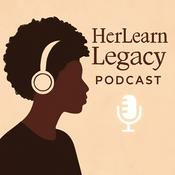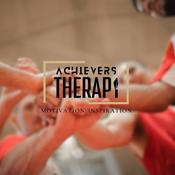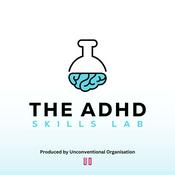26 episodes
- In our final episode of Season 2: A Different Kind of the Same Thing, we look back at the 2023-2024 school year to think about what the future of education should look like in order to keep teachers in the profession. We will also hear from host Charles Fournier reflect on his own audio journals from the school year.
Learn more about your ad choices. Visit megaphone.fm/adchoices - For today's bonus episode, enjoy Betsy Burris' podcast Teaching Through Emotions. In this episode, two teachers make sense of their feelings of overwhelmedness and confusion. They talk about
* imagination in teaching and learning
* the importance of emotional and relational data
* creative solutions to overwhelming and confusing problems
* the importance — and ways — of digging up assumptions
* how to turn from worrying to working with your emotions
Learn more about your ad choices. Visit megaphone.fm/adchoices - Once the school year hits, maintaining self-care can be a challenge. For Becca Swain and Ashley Clark, their understanding of self-care changes drastically once they leave the classroom. In this episode, hear what the challenges teachers face when trying to take care of their mental and physical health during the school year.
Learn more about your ad choices. Visit megaphone.fm/adchoices
More Education podcasts
Trending Education podcasts
About Those Who Can't Teach Anymore
"Those Who Can’t Teach Anymore" is an Ambie Nominated, Award-Winning, 7-part narrative series exploring why teachers are leaving education and what can be done to stop the exodus.
Podcast websiteListen to Those Who Can't Teach Anymore, Life Kit and many other podcasts from around the world with the radio.net app

Get the free radio.net app
- Stations and podcasts to bookmark
- Stream via Wi-Fi or Bluetooth
- Supports Carplay & Android Auto
- Many other app features
Get the free radio.net app
- Stations and podcasts to bookmark
- Stream via Wi-Fi or Bluetooth
- Supports Carplay & Android Auto
- Many other app features


Those Who Can't Teach Anymore
Scan code,
download the app,
start listening.
download the app,
start listening.








































